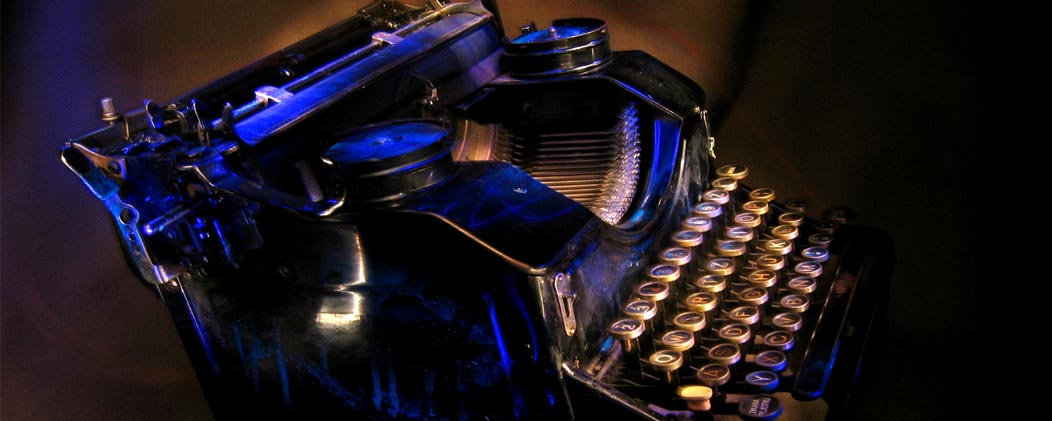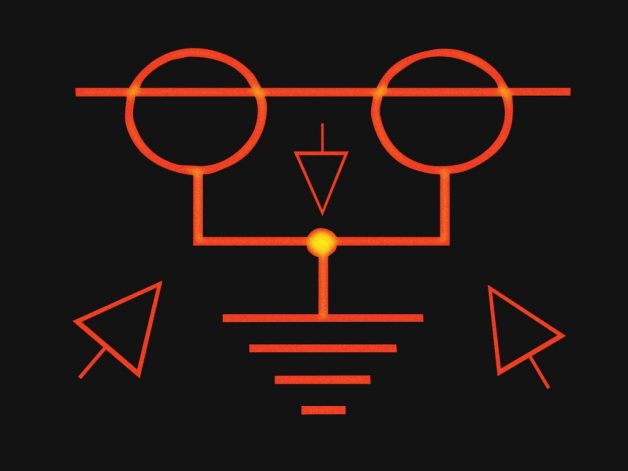With a simple search in engines like Google and Bing, you can get access to numerous websites offering content uploaded by users, including commercial music and movies. Although this makes it extremely easy for most of us to enjoy the songs and films we love, it also involves a great deal of online piracy, causing a lot of harm to copyright holders. That is why, in 1998, the Digital Millennium Copyright Act (DMCA) was passed. This was an attempt to battle online piracy through the “notice and takedown” system, and hopefully eliminating copyright-infringing content. However, this system simply just doesn’t cut it anymore.
The DMCA no Longer Works
The DMCA was designed to provide protection for copyright holders, giving immunity to service providers in cases where their users may be engaging in copyright violations; but at the same time, not restricting online freedom of speech. The intention was honorable and it sounded good, but the implementation of these measures is no longer adequate. According to Section 512 of the DMCA, copyright holders can give a notice to service providers should they find copyright violating content. The provider is safe as long as it promptly removes or disables access to the contested content.
The Environment is Different
With the current climate of the Internet––infringing content has become rampant, indeed even encouraged, because it generates a lot of website traffic, leading to increased revenues from ads. Websites like YouTube and Vimeo have a vast number of users who unfortunately, have uploaded a lot of music and video content in direct violation of the copyright laws. According to The Hill.com, copyright holders have sent notices for more than 17 million copyright-violating content in the past 4 years. Moreover, copyright holders have experienced problems regarding takedowns due to the various judicial interpretations of the DMCA by various courts. Some demand copyright holders administer a notice and identify every page that has violated their copyrights. In a cat-and-mouse game, infringers simply change the pages addressed, and repost content with a different URL.
What must be done?
Because of all these problems, the US Copyright Office initiated a series of meetings this year, in order to review Section 512, which could motivate copyright holders and/or Congress to analyze the flaws and weaknesses in the system, and improve it. According to the Intellectual Property Clause in the Constitution, Congress can “promote the Progress of Science and Useful Arts, by securing for limited times to Authors and Inventors the exclusive Rights to their Writings.” Revision of the “notice and takedown” is a must, if we want to address the flaws in the system and adapt the Internet to the digital realities we face today.


